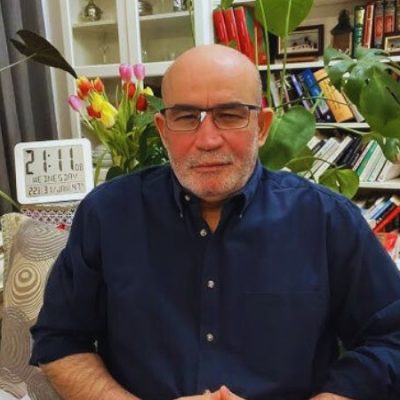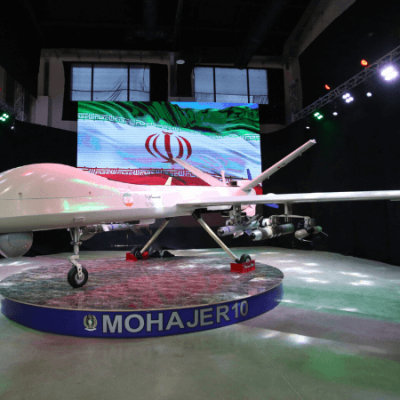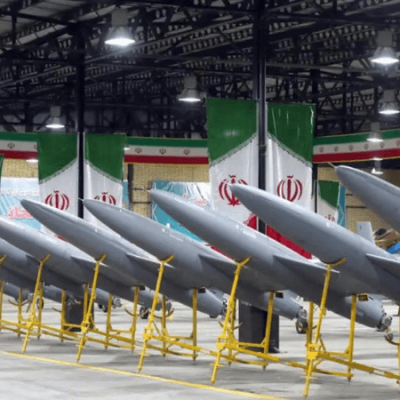How Qatar and Turkey try to destabilize Soudan through its militias

Dozens of the ousted Sudanese President Omar al-Bashir’s supporters demonstrated in the city of Kassala, 800 kilometers east of the capital, Khartoum, Friday, calling for the overthrow of the transitional government.
These moves began to escalate since the Empowerment Committee dissolved the Islamic Da`wa organization, the largest funder of the ousted president’s regime operating under the cover of Aid Organization supported by Turkey and Qatar.
The Islamists of Sudan and those behind them, especially Qatar, are betting on fueling chaos to disrupt the efforts of the transitional authority to dismantle the corruption systems in the country and the arms of the previous regime that penetrated the institutions.
The dissolution of Al-Da`wah Organization was a severe blow to the efforts of Qatar and Turkey to revive the Muslim Brotherhood project in the region and their attempts to regain the initiative after the fall of their ally and the disintegration of support systems locally and regionally.
The organizations and institutions associated with the previous regime, including the Islamic Al-Da`wah Organization, resist the efforts of the transitional authority, which expressed its intention to dismantle the systems of the previous regime and its followers who penetrated into state institutions. It seems that resorting to escalation in the street has become the option left for these followers to confuse the government and obstruct efforts to eradicate it.
The demonstrators came every Friday after prayer, “It seems that they were agreeing on the location of the demonstration. They arrived from different streets, despite the fact that the city market is closed on Friday in addition to the authorities’ decision to stop the gatherings,” said Hamed Mohamed, who also lives in the city.
Sudan recorded 32 cases of Covid-19 virus, and the authorities imposed a partial confinement to be extended to 24 hours from Saturday, which indicates that the timing of the departure of two demonstrations by Ansar al-Bashir Thursday in Khartoum and Friday in Kassala is considered an attempt to exploit the current circumstance as the transitional government resists to prevent the spread of the Corona virus.
Sudan’s Islamists, backed by Turkey and Qatar, are seeking to confuse the democratic transition and open a new front to undermine government efforts and also to slow efforts to dismantle the previous regime with its complex networks and suspicious external links.
The police fired tear gas on Thursday to break up an anti-transitional demonstration in front of the General Command of the Armed Forces in the center of the capital, Khartoum.
“The area around the command is a military zone and is forbidden to approach, the leadership will take all necessary measures, including locking the roads leading to and around the General Command of the Armed Forces, from Friday, April 17th until further notice.” The Sudanese Armed Forces declared in a statement.
The army placed concrete barriers and barbed wire at the entrances to the roads leading to the General Command in central Khartoum.
In April 2019, the military overthrew Bashir, who had ruled the country for thirty years after months of protests and a sit-in in front of the army’s leadership.
In August of last year, the military and the Freedom and Change Alliance that led the protests against Bashir signed a political agreement under which a government was formed to run the country in a three-year transitional period, after which general elections will be held.
The Authority is composed of a sovereign council that includes five soldiers and six civilians and is headed by General Abdel Fattah Al-Burhan, and a civilian cabinet headed by economist Abdullah Hamdouk, a former UN employee.
The protests against al-Bashir began in December 2018 in the city of Atbara, 350 km north of the capital, due to the deteriorating living conditions.
A year after al-Bashir was toppled, the economic situation did not improve, as the inflation rate increased according to official figures to 72 percent. Sudanese are also struggling to get a loaf of bread as they wait for hours in front of bakeries, as they stand hours in queues for fuel.
These accumulated problems are the legacy of the previous regime and the current authority seeks to secure the stage of democratic transition, but it is burdened by more than one crisis whose solution requires time to recover from the legacy of three decades of Bashir’s rule. The Islamic Al-Da`wah Organization represents the hard core of the ousted president’s regime and has long been his supporter since his coup in power in 1989. The Sudanese authorities accuse the organization of being part of the Bashir regime and its deep state.




